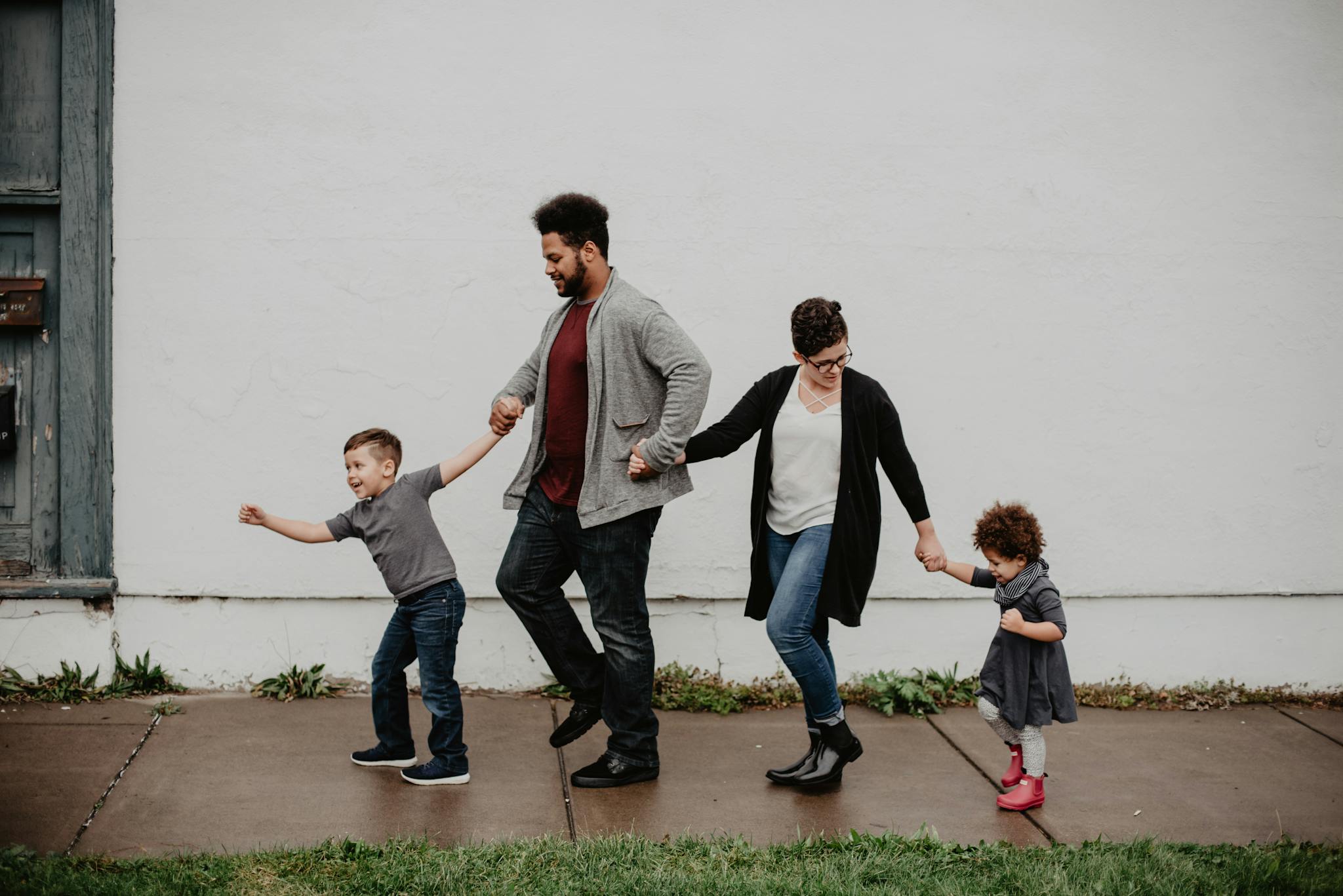Share This Article
Seeking Shelter is a column that invites deeper thoughts about the meaning of it all by exploring the nexus of life and faith.
In honor of a habemusing a papam, I want to take us back — back to an iconic moment in 1999, when New Jersey’s Cardinal Glick introduced the Catholicism WOW! campaign.
In a world recentishly rebranded in about a week from glam rock to flannel shirts, this bold move finally lays to rest a tired Savior. The mournful Messiah perpetually pegged to the cross is out. Buddy Christ is in! Sporting healed hands, finger guns, a wink, and a smile, Buddy Christ is for the modern Christian who doesn’t like long prayers, boring sermons, and dull services.
Buddy Christ doesn’t know your suffering; he likes to party.
Gen-Xers know almost reflexively that this is an early scene from Kevin Smith’s classic, Dogma. George Carlin, the Boomers’ unlikely prophet, plays an all-too-likely cardinal who believes only he can save Jesus. This wasn’t even particularly far-fetched at the time. Turn-of-the-millennium megachurches were gaining popularity among parents of teenagers trying desperately not to lose the myth of their relevance, yet whose idea of contemporary remained in 1978. They were doing their best to raise our generation on the idea that Christianity isn’t their parents’ religion.
From the time I was about thirteen, friends started telling me about getting baptized and Jesus changing their lives in a flash of emotion and new life. They then asked me the question I dreaded as an infant-baptized Lutheran, are you saved?
I didn’t dread the question because I lacked an answer—I dreaded it because I was expected to say no so they could witness to me. I enjoyed talking about faith, but I’ve never believed anyone holds any the answer about God or anything else. Still, I envied their certainty. They had a moment they could point to when everything changed—clear, defined, transformative. I never had that. I was always awkward, on the edge of being accepted, never quite fitting in. If their moment made them different, maybe I could have one too — no turning back, no turning back.
Parents were absolutely convinced their kids needed Jesus, and only mid-tier “rock” music played by people like Carman and white dudes rapping could do it! So, that’s how I, like many of us, ended up at concerts that didn’t fit anything else in my spiritual diet. For me, the real problem was that every concert was about the same.
The headliner was someone “church famous,” and the tours were sponsored by a few large congregations in partnership with a charity for poor children in Africa, which may or may not have been a front for human trafficking. And when peak enthusiasm was achieved, a couple of earnest preachers in casual clothes came to the stage to tell us how worried they were about our souls, convinced America was on a highway to Hell driven by Satan and The Simpsons.
But the culmination of the evening was the altar call.
If Jesus has touched your heart tonight, come to the front. A member of our prayer team is waiting there for you. We want to hear your testimony and lead you to Jesus.
The rest of the night was more altar calls, prayer circles, and allegedly impromptu baptisms for the emotionally fraught teen on the go.
While I spin this tale with my tongue firmly planted in my cheek, these moments that we identify as the defining point serve a true purpose in the human experience around the time of puberty. Teenagers are changing; transforming. Leaving behind the things of childhood to become our own person a little at a time, moments help us make sense of what this change is by bookmarking particular stops along the way.
In 1 Corinthians 13, Paul writes about love bearing, believing, and hoping all things. Love is patience, kindness, and rejoicing in truth. Yet Paul only hints at love’s most important characteristic, that love is not about answers, but embracing the interior mystery by exploring God’s mystery, and cultivating our persistent curiosity to learn more about those we love. Paul writes in this mild paraphrase,
Now? Now all we can see is a blurry reflection. No matter how hard we try, we’ll never really see ourselves through the eyes of God’s love until God reveals the fullness of love to us all.
Then? Then we’ll finally know our own hearts fully. The shadow of hope we feel now in knowing God knows us will erupt into joy’s fullness because we’ll finally see ourselves through love’s own eyes — the eyes with which God’s seen us all along.
Those concerts were powerful because teenagers need access to hope for a more stable sense of self. Teens need space to ask, Who could I become?
As parents and mentors, we’re entrusted with the sacred task of equipping them to explore life’s enduring questions. What makes this so powerful is their deep, often unspoken belief: I am not finished yet. In providing this for our teens, we learn to ask these important questions for ourselves — and then the real fun begins!
Eric Wolf is a local Lutheran pastor, and he’d love to buy you a coffee, tea, or beverage of your choice to tell him about your faith, your ideas about meaning, or whatever “sacred stuff” means to you. Reach him at [email protected]!


